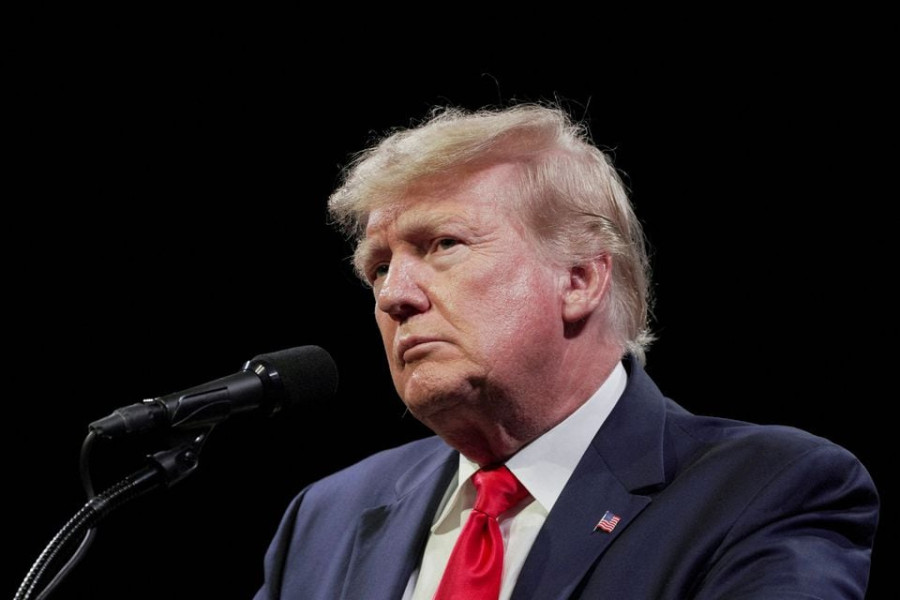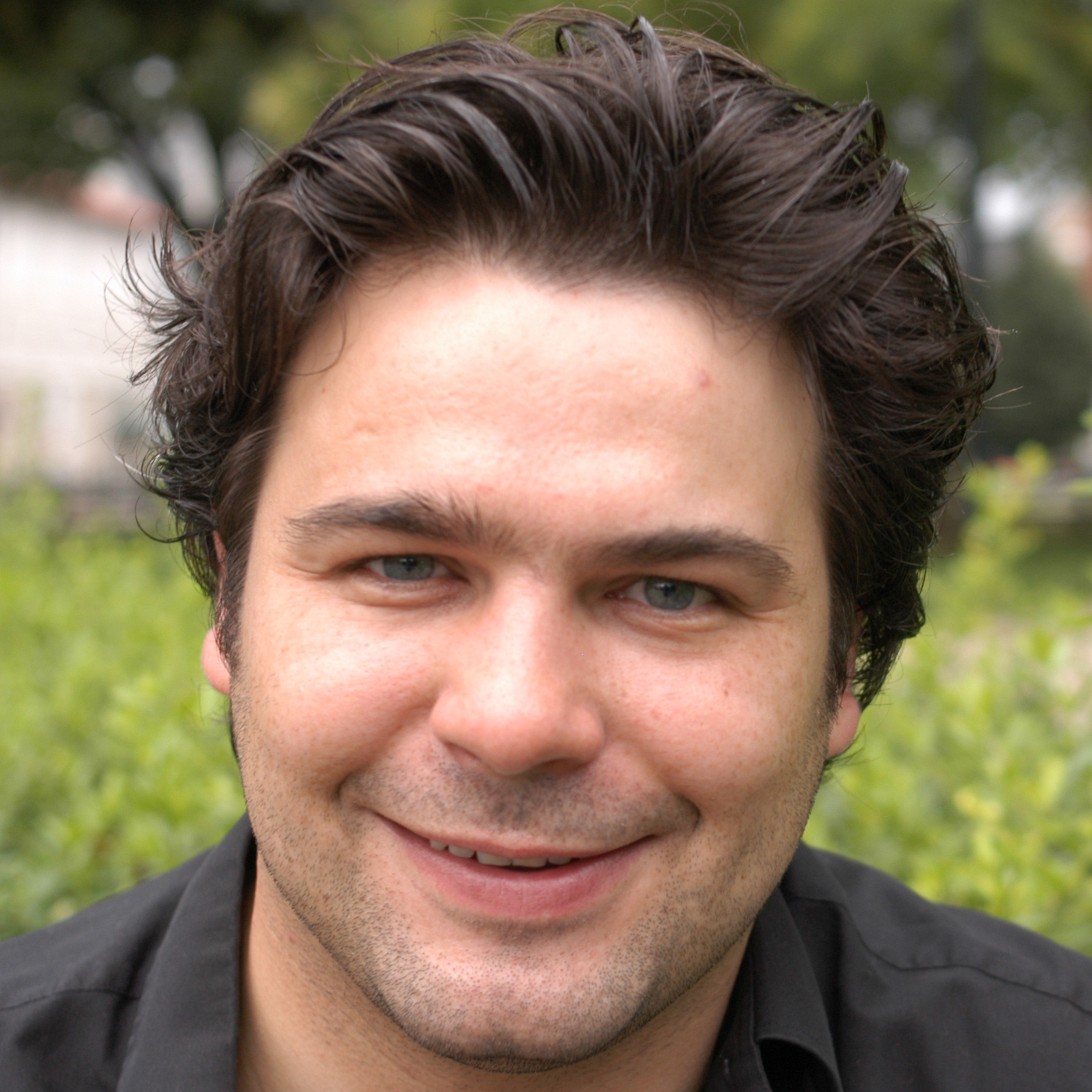Columns
The Trump effect takes Europe
It could leave the transatlantic order stronger than it has been for a long time.
Mark Leonard
Not for the first time, the central figure at this year’s Munich Security Conference was someone not in attendance. This year was Donald Trump’s turn.
Like most participants at this annual “Davos of Defense,” I desperately hope that the presumptive Republican candidate will forever remain a former president. This is not merely out of sympathy for my American friends, who see him as a danger to the future of their republic, but also because I fear what he would do to the global order. As a European, though, I am somewhat grateful for Trump’s existence. Even if he loses the election this November, he could end up becoming the European project’s unwitting saviour. He has forced Europeans finally to rethink the core assumptions that have been hamstringing them about the war in Ukraine, Europe’s defence, and European political unity.
As the war in Ukraine nears the end of its second year with no end in sight, Trump’s candidacy is focusing European minds on what victory and defeat might entail. Everyone’s ideal outcome is for Ukraine to recover all its territory. Watching the Russian opposition leader Alexei Navalny’s widow, Yulia Navalnaya, take the stage in Munich hours after learning of her husband’s death, it was impossible not to recoil at the thought of giving Vladimir Putin even one square inch of Ukraine. But as the war of attrition grinds on, it makes less and less sense to consider the matter only in territorial terms.
After all, an even bigger threat to Ukraine than territorial losses would be a Trump peace plan that both cedes territory and demilitarises the country, thus leaving it condemned to a perilous state of neutrality. Europeans are waking up to the fact that Ukraine can pursue its European and Western ambitions only through dual accession to NATO and the European Union. As Ivan Krastev argued recently, it may be time to start considering a “West German scenario.”
Trump has also unwittingly lent urgency to the ongoing European debate about defence and security. Just this week in Munich, Danish Prime Minister Mette Frederiksen promised to hand over her country’s “entire artillery” to the Ukrainians. More broadly, Europeans have already been contributing more aid (military and otherwise) to Ukraine than the United States has. Ahead of NATO’s summit in Washington on July, 20 of the 22 EU members of the alliance (including Germany) are on track to spend at least 2 percent of their GDP on defence.
True, most of this shift is the result of Putin’s revanchism. But Trump’s recent comments encouraging the Russians to “do whatever the hell they want” with NATO members that refuse to “pay up” have raised the ante. Europeans must not only invest more but also change how the money is spent, not least by overcoming the old psychological divisions between NATO and the EU.
But perhaps Trump’s biggest contribution has been to Europe’s political unity. After he was elected in 2016, many feared the rise of an “illiberal international” that would have brought far-right populist parties in Europe into close alignment with Trump’s White House and Putin’s Kremlin. But if Trump is elected a second time, polling by the European Council on Foreign Relations (to be published soon) shows that he would not be welcomed enthusiastically in most European countries, including even Hungary.
One striking consequence of the war (and of Brexit) lies in the repositioning of many right-wing parties. Most notably, Italian Prime Minister Giorgia Meloni has carefully moved away from her previous Euroskepticism and made a point of cutting all of Italy’s ties with Putin. In Poland, Donald Tusk’s return to the premiership has united a traditionally sceptical electorate behind the idea of a more cohesive geopolitical Europe. The European Parliament elections in June may well result in a sharp turn to the right; but in many countries, the Trump threat could mobilise voters and help candidates who are rallying behind European sovereignty.
Nor are these dynamics confined to the EU. The United Kingdom will probably elect a new government before the end of the year. In Munich, the Labour Party’s impressive shadow foreign secretary, David Lammy, made it clear that he would push hard for the closest possible relationship with Europeans on security and defence issues.
But nobody summed up the Trump effect better than (outgoing) Dutch Prime Minister Mark Rutte, who implored Europeans to “stop whining and moaning about Trump,” and start focusing on getting their act together. Given the long-term trajectory of US domestic politics, Europeans would need to do this either way, regardless of who wins this November.
Should disaster be averted this time around, a second-term Biden administration could count on a much better partner in Europe. As many US watchers have noted, Trump is both the biggest threat to American democracy and the most powerful mobiliser of Democratic Party voters. It is a risky business, but there is a chance that the Trump effect could leave the transatlantic order stronger than it has been for a long time.
Leonard is the Director of the European Council on Foreign Relations.
—Project Syndicate




 9.89°C Kathmandu
9.89°C Kathmandu















